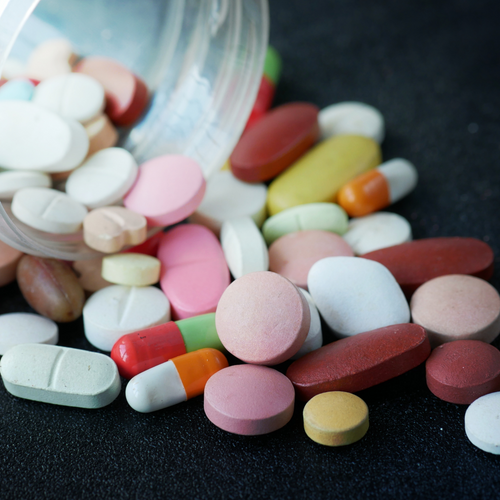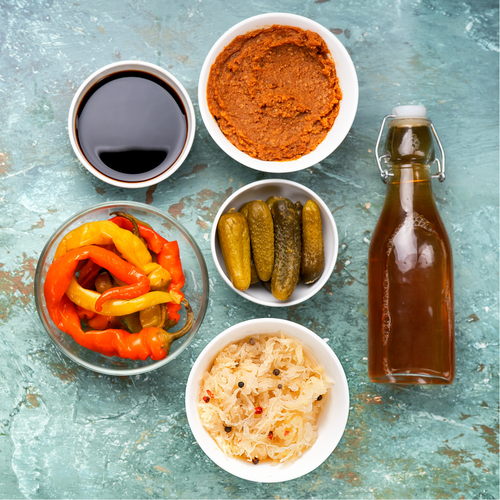What causes intestinal gas?
We've all experienced that unpleasant feeling of bloating , or even abdominal pain, caused by intestinal gas, also known as "flatulence." Often, it occurs when we're in a place where we can't "let go," so we hold it in, and that only makes the situation worse!
Intestinal gas is completely natural and does not indicate poor health—quite the opposite! In fact, it is mainly the result of food fermentation in our intestines (thanks to our bacteria) and the amount of air we ingest. However, it can become embarrassing when we are surrounded by... In everyday life, this can be a real problem, but if you are prone to flatulence, don't panic, we have some tips for you!
9 tips to reduce intestinal gas and bloating
1 - Stop chewing gum to avoid intestinal gas
Chewing gum significantly increases the amount of air we ingest. We already naturally ingest air when we eat, drink, and swallow saliva. This is normal and cannot be manipulated to reduce intestinal gas and bloating. However, we can avoid unnecessary chewing, and this recommendation has a significant effect on heavy gum users.
2 - Quit smoking to reduce the production of intestinal gas
Easier said than done, of course, but smoking, in addition to everything else, has a major impact on flatulence production, for reasons that seem obvious. Yet another reason to kick this bad habit.
3 - Avoid carbonated drinks to combat intestinal gas
Carbonated drinks contain a lot of gas, as the name suggests, but additional gas bubbles still form when consumed. Therefore, they should be reduced or even avoided for best results in limiting intestinal gas.
4 - Avoid sugar substitutes that cause gas in the stomach
Substitutes like sorbitol, mannitol, fructose, and others can create additional fermentation, which is harmful if you're trying to avoid intestinal gas. They're often found in low-fat products and chewing gum, which is another good reason to avoid them.
5 - Take the time to eat to limit the production of intestinal gas
In addition to slowing down the digestion process , eating quickly increases the amount of air swallowed, so it's better to take your time and slow down if you want to avoid flatulence!
6 - Limit foods that promote intestinal gas
Certain legumes, such as beans, peas, and lentils, certain vegetables such as cabbage and broccoli, and certain grain products containing whole grains, are more likely to cause flatulence due to increased fermentation in your intestines.
7 - Exercise to limit flatulence
As we know, physical activity is good for the entire body, especially for the digestive process . Strengthening your abdominal muscles can also reduce bloating and flatulence.
8 - Find out about a possible pathology that could cause intestinal gas
Although flatulence alone is not a symptom that gives cause for concern, it can be one of the warning signs of certain pathologies. These include lactose intolerance, celiac disease (inability to digest gluten), digestive infections caused by certain parasites or bacteria, etc. When suffering from these pathologies, flatulence can be recurrent, so don't hesitate to talk to your doctor for a possible diagnosis.
















